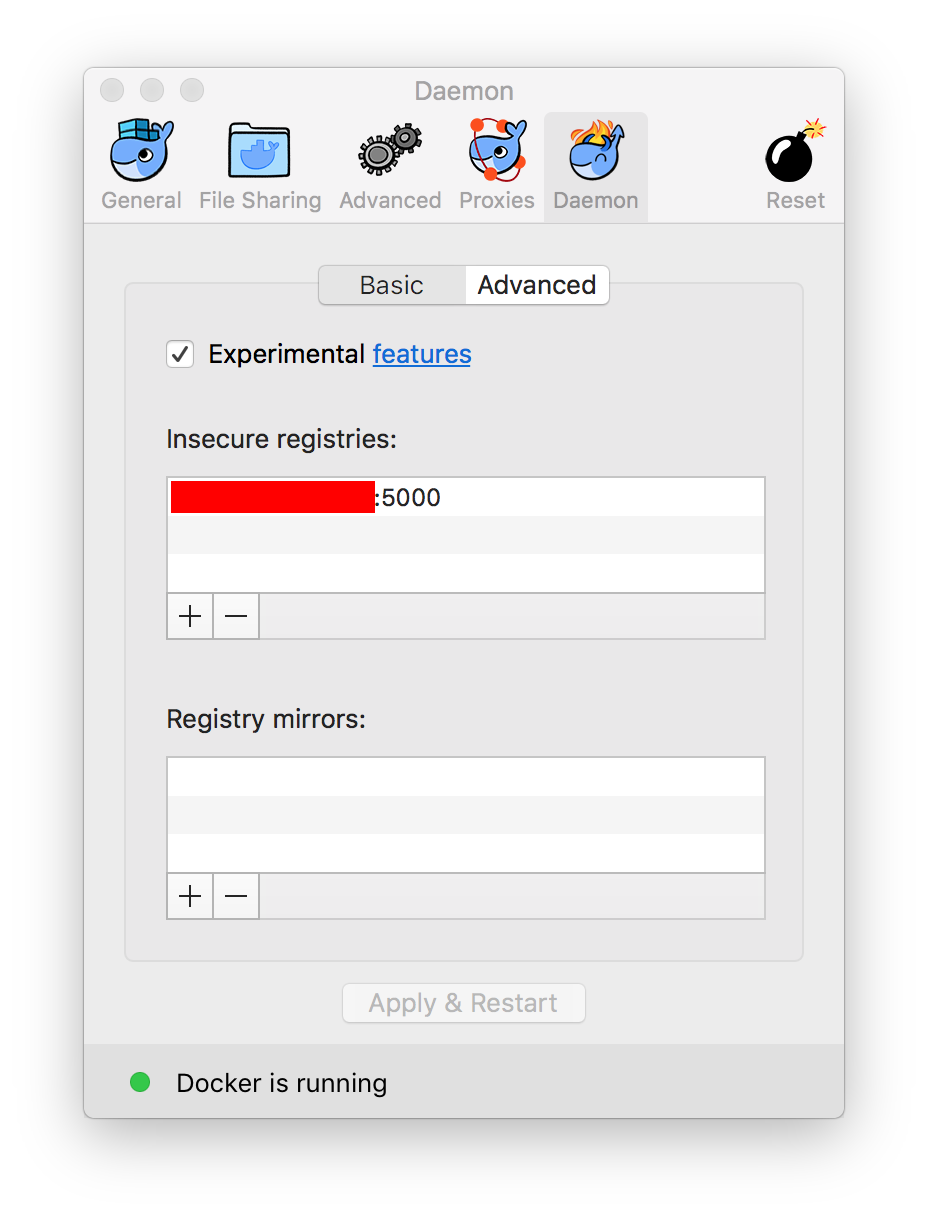

In this development model, Polvi argues, you probably want the software that you use to run your containers to do that and nothing else. What the CoreOS team likes is the idea of a container as a basic building block of application development, where each container provides a "microservice" that can be combined with other microservices to form distributed applications. Specifically, that path includes adding new features to the Docker Engine software that will take it from being a simple set of tools to a full-fledged platform – an approach that Polvi said he feels is fundamentally flawed, which is why CoreOS wants to do something different. For now, though, the company says it only plans to charge customers for their sustained usage, and it won't nickel and dime customers if they go over their plan's limits for a day or two."I do not think Docker overall is fundamentally flawed, I just think it's going down a different path than we originally signed up for," Polvi said. CoreOS says it will notify customers if the model is going to change in the future, which suggests a bit of trial-and-error as far as the business plan. Or that's how it works for now, at any rate. "So it's better to just charge you once your containers are doing useful work."

"If we charged by user, you'd be penalized for having too many developers, and we if we charged by repository, you'd be penalized for trying different approaches," the company's website explains. But CoreOS says the per-container approach is best for its on-premises offering.

This pricing model is different from that of the hosted Quay.io service, which charges based on the number of private repositories you can create. CoreOS says it will announce pricing for larger plans soon. More than that will cost you $100 per month, up to a maximum of 50 containers. The "Starter" tier costs $10 per month for up to 20 containers.


 0 kommentar(er)
0 kommentar(er)
